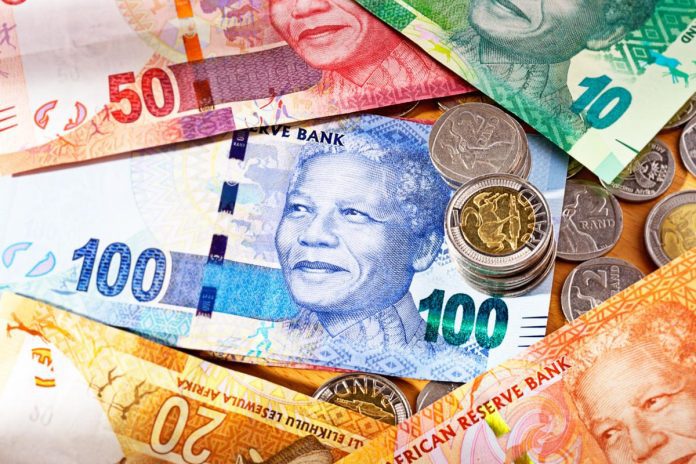The consumer inflation surged to 5.4% in September, up from 4.8% in August, according to Statistics South Africa (Stats SA).
The uptick has brought the Consumer Price Index (CPI) rate to the same level as in June of this year.
In its report, the statistician identified food and non-alcoholic beverages, housing and utilities, and transport as the main contributors to this inflammatory spike.
“Food and non-alcoholic beverages increased by 8.1% year on year and contributed 1.4 percentage points, housing and utilities increased by 5.5% year on year and contributed 1.3 percentage points, while miscellaneous goods and services rose by 6% year on year and contributed 0.9 of a percentage point.
“Transport increased by 4.2% year on year and contributed 0.6 of a percentage point,” reads the report.
Consecutive fuel hikes
Furthermore, fuel prices have experienced three consecutive hikes, surpassing R25 per liter.
According to the statistician, this has had an impact on the latest CPI splurge.
The fuel index showed a 7.6% rise between August and September, marking the second consecutive monthly increase.
Patrick Kelly, the chief director for price statistics at Stats SA, noted that inland 95-octane petrol reached a 13-month high of R24.54 in September.
“The fuel index increased for a second consecutive month, rising by 7.6% between August and September,” Kelly said.
“The price of inland 95-octane petrol hit a 13-month high of R24.54 in September.”
Recent warnings from Reserve Bank governor Lesetja Kganyago about the persistent inflation and the need for prolonged tight monetary policies may lead the central bank to reconsider its plans for rate hikes scheduled for November.
The Reserve Bank’s inflation target range of 3% to 6%, with a goal of 4.5% at the midpoint, adds weight to the significance of this decision.
Kganyago emphasised that inflation has proven more resilient than anticipated, prompting central banks to extend their commitment to tighten policies.
Despite global economic challenges, the battle against inflation remains unresolved, both domestically and worldwide, he indicated.



